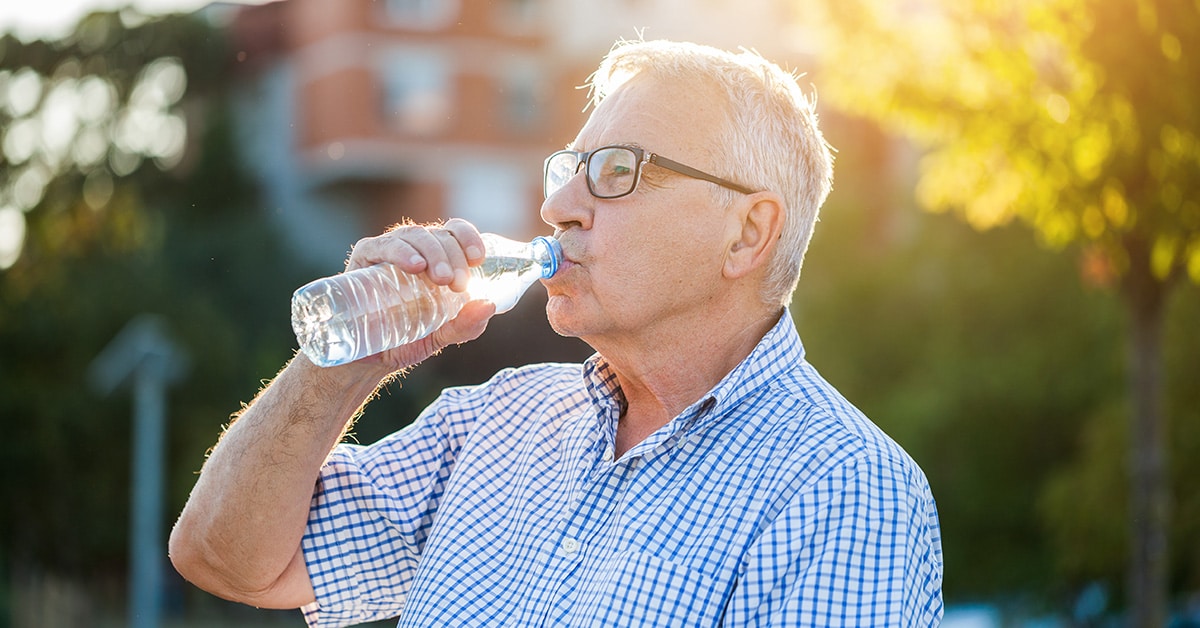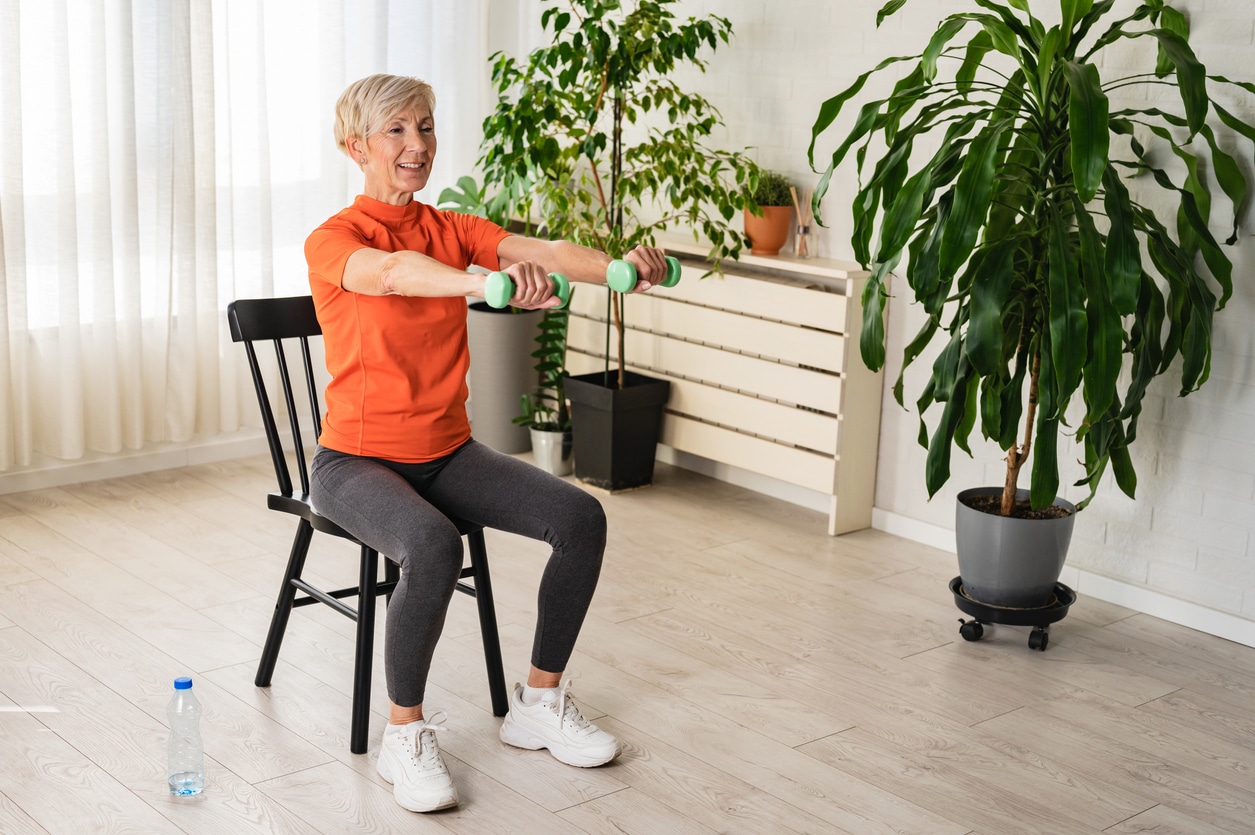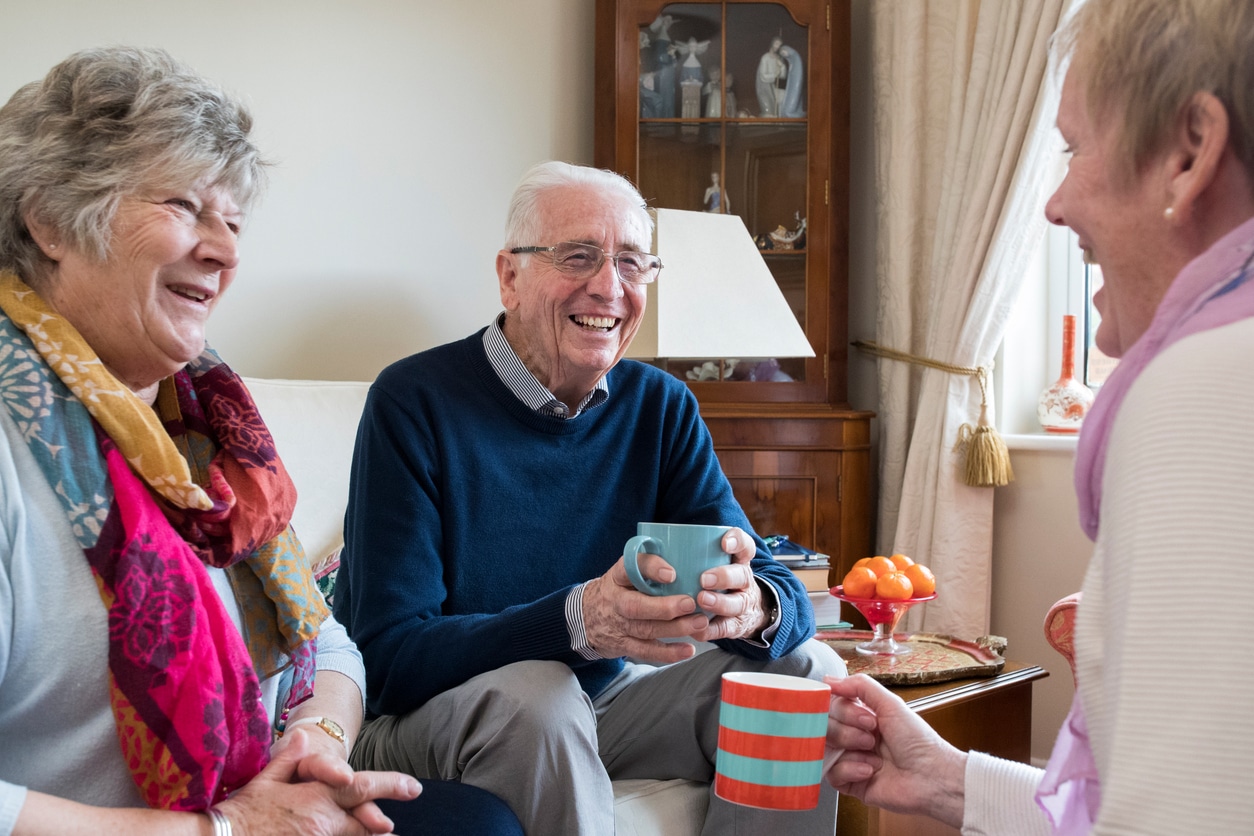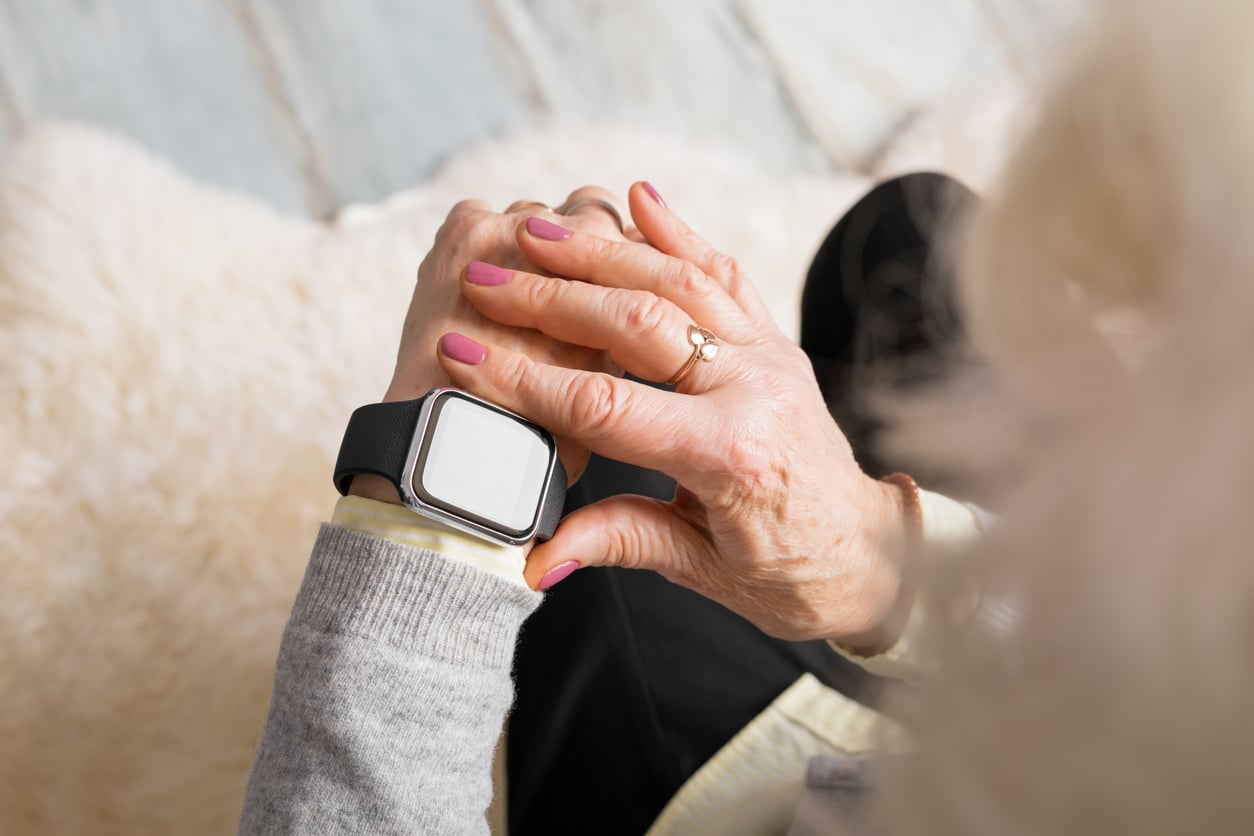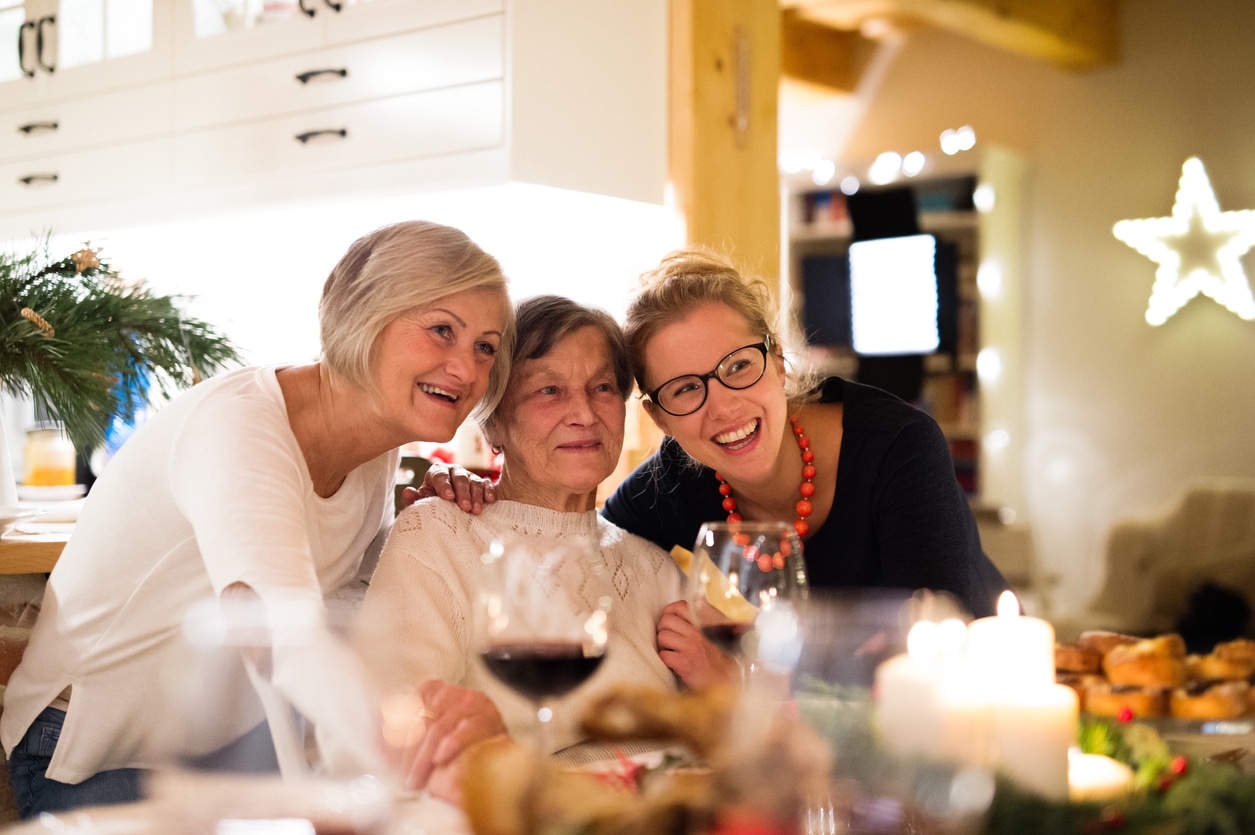Staying hydrated can be a challenge — especially for older adults. For several reasons, including a decreased ability to retain water and a less acute sense of thirst, older adults are at a heightened risk for dehydration. If left untreated, dehydration in elderly individuals can lead to more serious issues.
Here are the signs and symptoms of dehydration in elderly people which you should look out for:
1. Dry Mouth and Thirst
What is an early sign of dehydration in the elderly? Dry mouth and thirst. This is one of the earliest and most obvious signs that you need more fluids, but many of us ignore it. By the time your mouth is dry, you’re already in a mild state of dehydration, and you’re playing catch-up on your fluid intake. Don’t wait for that thirst sensation. Unless restricted by your doctor, try to maintain a steady intake of fluids as much as possible.
2. Urinary Changes
Other early signs of dehydration can be detected through bodily functions. These include a decrease in urinary output and urine that’s darker than normal. There are other circumstances that could create these symptoms, but you should suspect dehydration as a culprit. The Mayo Clinic recommends keeping urine clear or light-colored by increasing your water intake.
3. Headache and Dizziness
While it can have other causes, a headache is a possible sign of dehydration. Much like in the case of a hangover – which stems from dehydration due to alcohol consumption – dehydration can cause mild to severe headaches that seem otherwise undiagnosed.
If left untreated, dehydration can become severe enough to cause dizziness, too. Severe dehydration, especially when combined with warm temperatures, puts you at high risk for illnesses such as heatstroke. This can be life-threatening. If this occurs, seek immediate attention for dizziness related to possible severe dehydration.
4. Constipation
This symptom may not be as obvious as some other signs of dehydration and often takes longer to manifest. However, chronic constipation could be related to long-term mild dehydration. If your stool is hard, you probably aren’t getting enough fluids. Try drinking more water before asking your doctor for laxatives.
5. Limited Mobility
There are several reasons why dehydration can lead to limited mobility. Severe cases of dehydration can result in fatigue and lethargy. It can also lead to muscle weakness, low blood pressure and an increased heart rate. All this – combined with dizziness – can make it difficult to walk or even stand for more than a short period. If you experience these signs of dehydration in elderly individuals, or anyone else, it’s important to seek emergency attention. [1]
Tips to Prevent Dehydration
While the symptoms can progress to serious levels, thankfully, recovery from dehydration in elderly people can be simple if acted on quickly.
If the symptoms of dehydration in elderly patients seem mild, just increase water intake. You can also consider special products designed to replace electrolytes, such as sodium and potassium. Many brands of sports drinks that are readily available at your local convenience store would be suitable.
Here are some other tips to help you avoid signs of dehydration in seniors:
1. Avoid soda, coffee, tea, and alcohol
Your body needs fluids but not all fluids are equally beneficial. Caffeinated beverages, such as coffee and tea, and some sodas can have a dehydrating effect in certain quantities. The same is true for alcohol. So, be mindful of which fluids you’re taking in.
2. Always keep a water bottle handy
Seniors can have a diminished capacity to recognize thirst, making dehydration in the elderly more of a risk. Some may also have difficulty moving around. Keeping a full bottle of water with you will remind you to drink up each time and means you always have fluids available.
3. Drink a full glass of water with any non-mealtime medication
If you take non-mealtime medication three times a day, this will automatically get you three glasses of water. That can make all the difference between elderly dehydration and a healthy, hydrated lifestyle.
4. Replace water lost through environmental factors and exercise
Since water is lost through perspiration, this can increase the risk of dehydration in hot and humid weather. Make sure you keep a bottle of water with you when outside in warm weather or during exercise. Be aware that you’ll need to drink additional fluids at regular intervals in these circumstances.
5. If you don’t like the taste, add a natural flavor
There’s no need to pay for fancy bottled water. Add a squeeze of fresh lemon, lime, or orange to flavor your own water. For variety, try putting some sliced melon or cucumber into a pitcher of water.
6. Eat foods with higher water content
Fresh fruit and veggies, along with broth, gelatin snacks, ice pops and Italian ice, contain a lot of water. Alongside regular water intake, these can also help hydrate you.
7. Drink regularly throughout the day
Consistent hydration is better than flooding your system with a large quantity of water all at once. Try to drink water with every meal and at regular intervals throughout the day. You can even get bottles with water markers to help you keep track of how consistently you’re taking in fluids.
8. If you start feeling sick, sip water immediately
Vomiting and diarrhea can dehydrate you. If you can’t tolerate water during this time, suck on crushed ice or an ice pop. Do not be tempted to avoid drinking water, as this will only make the issues worse.
9. Use a straw or squeeze bottle
Either of these methods can help when you’re not up to sitting up and drinking from a glass. They allow you to continue drinking water when you’re feeling unwell or tired.
10. Set an alarm or write yourself sticky notes
Independent seniors may need to remind themselves about hydration. Setting alarms at intervals throughout the day can help to avoid elderly dehydration. You can also consider leaving sticky notes around the home to remind you to drink more water.
Extra Insurance for Independent Living
If you value independent living but want a little extra insurance against the effects of serious dehydration, consider a medical alert system. Simply press a button and a professional response team will contact your family and/or neighbors. If your dehydration is severe, they’ll summon help for you.
Severe dehydration is serious — even life-threatening. To avoid dehydration, get familiar with the symptoms of dehydration in the elderly, incorporate the tips above into your daily routine and stay healthy and hydrated.
Don’t disregard professional advice, or delay seeking it, because of what you read here.
This information is not intended as a substitute for professional consultation, diagnosis or treatment; it is provided “as is” without any representations or warranties, express or implied. Always consult a healthcare provider if you have specific questions about any medical matter and seek professional attention immediately if you think you or someone in your care may be experiencing a healthcare condition or emergency.
Sources:
